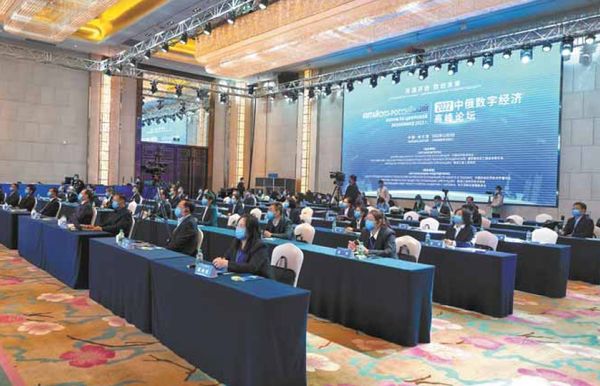Liao Beishui
School of Philosophy, Zhejiang University
Abstract:A new generation of artificial intelligence (NGAI), currently based on big data and machine learning, follows a path of connectionism. Although this path achieves huge success in data-intensive applications under closed environments, there are some bottleneck problems, including a lack of explainability, the difficulty of ethical alignment, the weakness of cognitive reasoning, etc. To address these problems inevitably involves the depiction of information from an open, dynamic and real environment and the modeling of human reasoning and explanation mechanisms. Formal argumentation is a general formalism for modeling various types of knowledge representation and reasoning in a context of disagreement, and is flexible enough to incorporate other types of knowledge for decisionmaking, such as preferences, weights, and probabilities. Meanwhile, there are various approaches for efficient computation of argumentation semantics by exploiting the locality and modularity of argumentation, and for providing explanations based on arguments and dialogues. The organic combination of formal argumentation with existing big data and machine learning techniques can be expected to break through some existing technical bottlenecks and facilitate the sustainable development of NGAI.
Keywords: new generation of artificial intelligence (NGAI), cognitive reasoning, ethical alignment, explainability, formal argumentation



